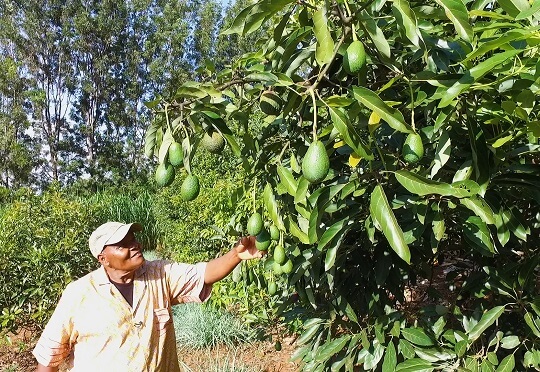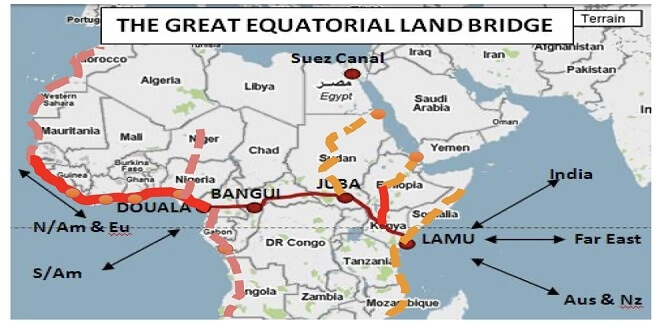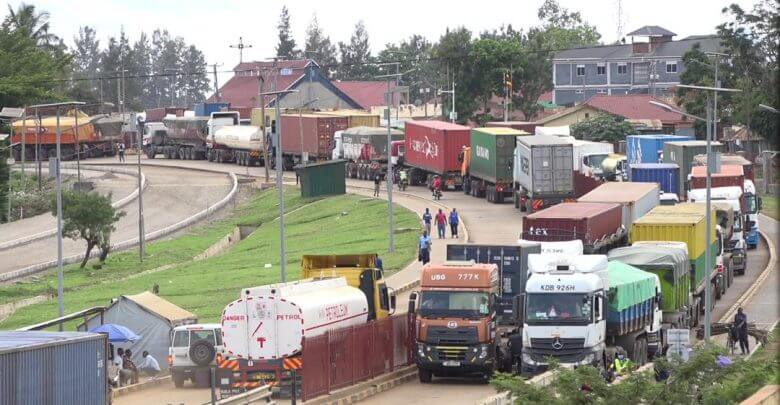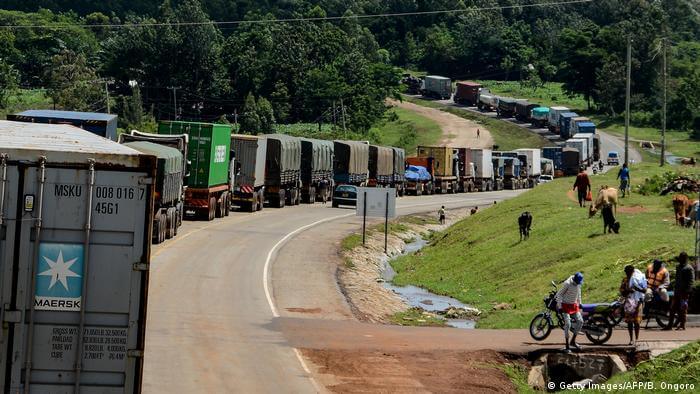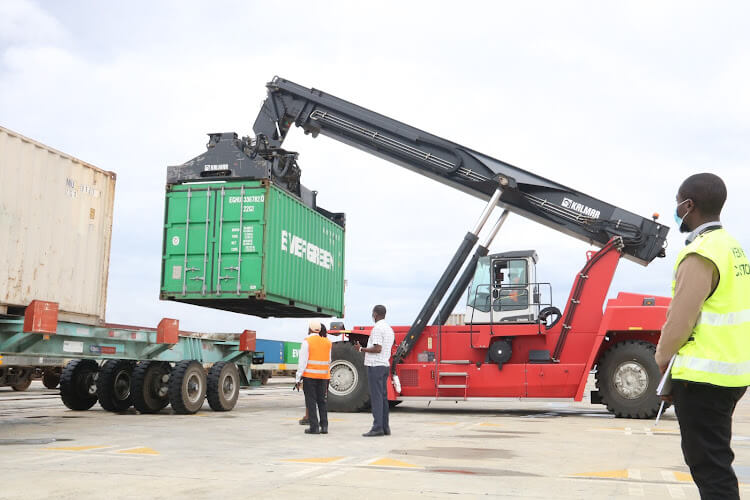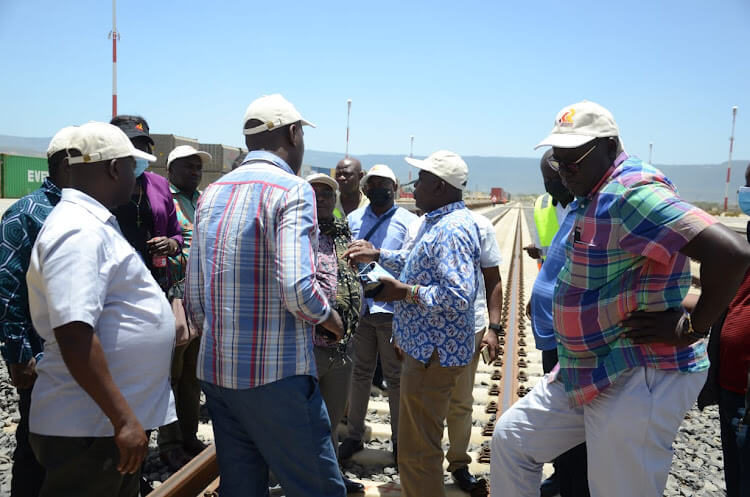The Kenya Trade Network Agency (KenTrade) has announced plans to simplify trade procedures for Avocado and Fish in the current financial year 21/22 in a bid to lower administrative burden costs for traders. Speaking to a Nigerian delegation who visited KenTrade head offices in Nairobi on a benchmarking exercise, KenTrade Director, Trade Facilitation David Ngarama said, the move is aimed at reducing the time and cost of trade for the two commodities. Kenya mainly imports frozen tilapia, frozen mackerels, sardines, prawns and salmon among others while the country exports frozen nile perch, tuna, octopus, whole tilapia and lobsters notably to the European Union. Avocado on the other hand has been a major contributor of the earnings in the horticulture sector. Last Year, Kenya topped Africa’s avocado exports and was among the world top 10 producers. Avocado farmers earned Sh14.48 billion between January to November 2021. KenTrade is in partnership with GIZ in this simplification exercise. Other stakeholders involved in the exercise include KEPHIS, Horticultural Crops Directorate (HCD), Directorate Public Health, Port Health Services, Department of Veterinary Services (DVS), Kenya Fisheries Services, County Directorate of Fisheries, State Department of Trade (NTFC) Kenya Fish Processors and Exporters Association (AFIPEK), Avocado Society of Kenya, Avocado Exporters Association of Kenya. KenTrade has been able to map out procedures for ninety-five (95) commodities, which include all procedures of export, import and transit on the trade information portal, dubbed InfoTradeKenya Portal. "Upon mapping the procedures, the team started simplification of trade procedures in 2018. To date, ...
Kenya Trade Network Agency to simplify trade procedures for avocado and fish exporters
Posted on: March 14, 2022
Posted on: March 14, 2022

